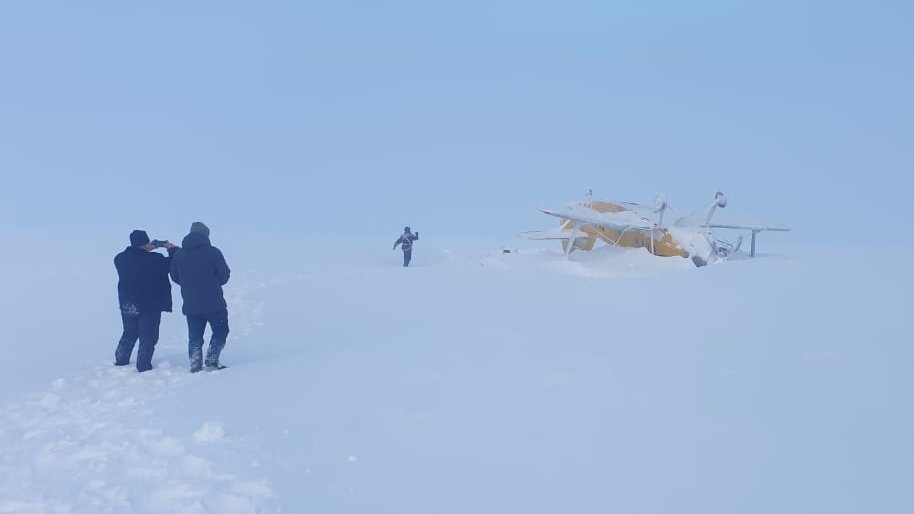A state of emergency was declared for Vanuatu after two tropical cyclones and two earthquakes hit the Pacific nation in under a week. Vanuatu was still reeling from Category 4 Tropical Cyclone Judy when Tropical Cyclone Kevin tore through the island group.
Pacific Climate Warrior Isso Nihmei on the island of Futuna in Vanuatu was only able to restore communications after the TC Kevin had passed, his village an image of flattened homes and debris scattered by the cyclone’s destructive winds.
Even while Vanuatu continues to lead the world in climate ambition, the island nation faces some of the worst effects of the climate crisis. The carbon-negative country, rated one of the most at-risk countries for natural disasters by the UN, has set itself a target to completely stop the use of fossil fuels by 2030. Late last year, Vanuatu became the first country to call for a global treaty to phase out fossil fuels, followed by the Pacific island nation of Tuvalu, who are also grappling with devastating effects of the climate crisis. The Vanuatu government is also gathering support for its landmark call to request that the International Court of Justice (ICJ) give an advisory opinion on states’ legal obligation for climate action and the consequences of causing harm.
Joseph Sikulu, 350.org Pacific Managing Director, says,
“A country that has contributed the least to the climate crisis was just hit by two tropical cyclones in a week. Not only is Vanuatu carbon-negative, it is constantly displaying what true climate leadership looks like on the global stage. This is the story of the Pacific – the “David” to the “Goliath” of the high-emitting countries that dare to look us in the eye after our homes are ravaged by cyclone after cyclone. 350 Pacific stands in solidarity and strength with our family in Vanuatu during this time of recovery and rebuilding. We know the Pacific holds the solutions to this crisis, be it through renewable energy and disaster response, policy, or ecological knowledge. It is time the world listened to those that truly understand the gravity of climate change.”

 1 year ago
56
1 year ago
56


